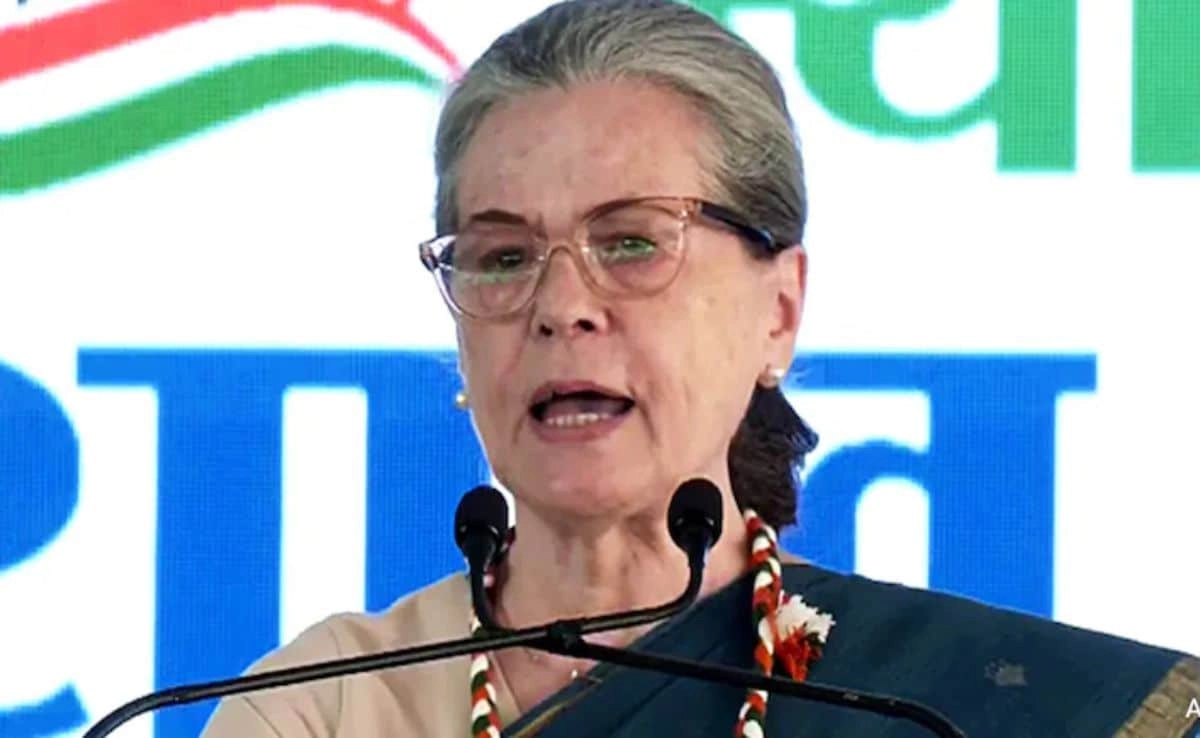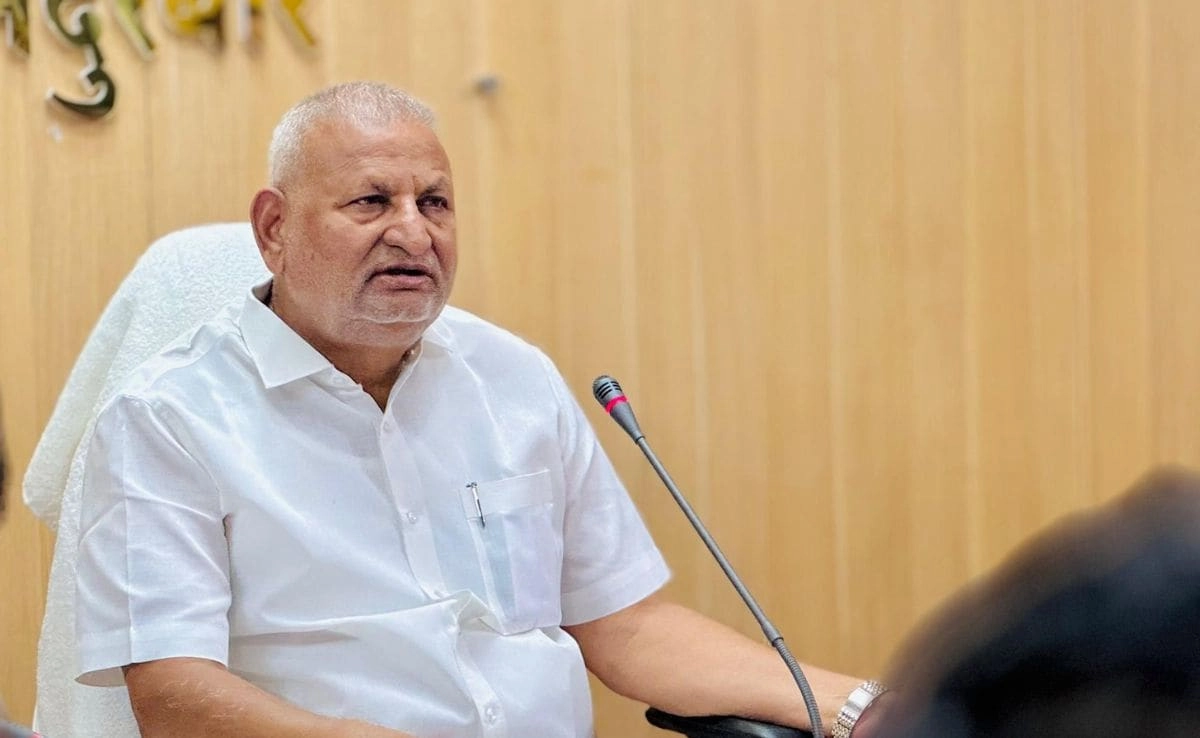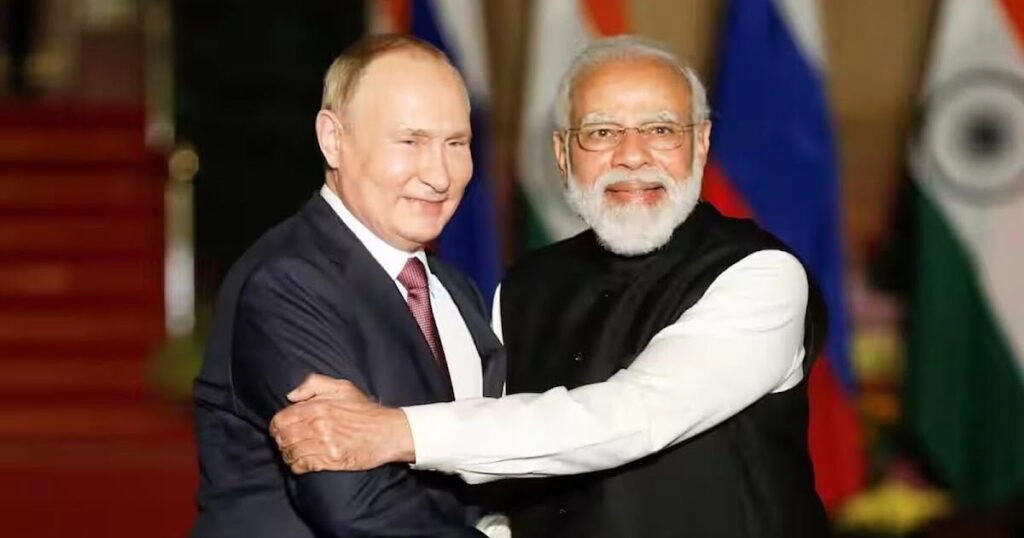In a significant development, Sonia Gandhi has received court relief concerning the controversy surrounding her name appearing in the voter list prior to her citizenship being granted. This issue has stirred considerable debate and scrutiny, raising questions about electoral integrity and the legalities surrounding voter registration. The case centered on allegations that Gandhi, who was born in Italy and later became an Indian citizen, had her name listed in the voter rolls before she was officially recognized as a citizen of the country. This raised concerns among critics who argued that it could undermine the credibility of the electoral process.
The court’s decision to grant relief to Gandhi signifies a crucial moment in this ongoing saga. By dismissing the claims against her, the judiciary has reinforced the principle of due process and the importance of substantiated evidence in legal proceedings. This ruling not only alleviates the immediate legal pressures on Gandhi but also sets a precedent for how similar cases may be approached in the future, particularly those involving high-profile politicians and their eligibility to vote and contest elections.
Moreover, the implications of this ruling extend beyond the immediate parties involved. It highlights the delicate balance between political accountability and the rights of individuals in a democratic society. As the political landscape continues to evolve, this case serves as a reminder of the need for transparency and fairness in the electoral process. With public trust in institutions often wavering, the judiciary’s role in upholding the rule of law becomes increasingly vital. This incident underscores the importance of safeguarding electoral integrity while respecting the rights of citizens, regardless of their background or nationality.




